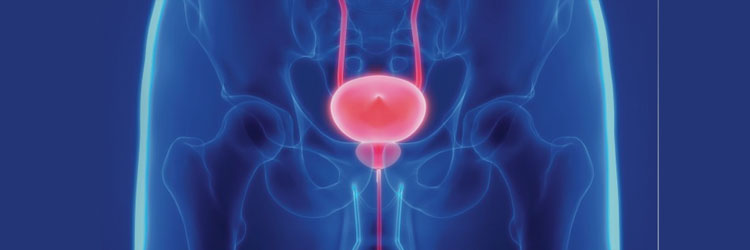Prostate Disease Management
The prostate gland is a male reproductive organ that produces fluids that feed and protect sperm cells.The three most common forms of prostate disease are inflammation (prostatitis), non-cancerous enlargement (BPH), and prostate cancer.
The prostate gland is an organ of the male reproductive system. It is about the size of a walnut and is found at the base of the bladder. The thin tube that allows urine and semen to pass out of the penis (the urethra) runs through the prostate gland. Alkaline fluid produced by the prostate gland helps to nourish sperm and leaves the urethra as ejaculate (semen). The prostate undergoes two main growth spurts. The first is fuelled by the sex hormones made by the testes during puberty. This prompts the prostate to reach an average weight of 20 grams. The second growth spurt begins when men are in their thirties.
